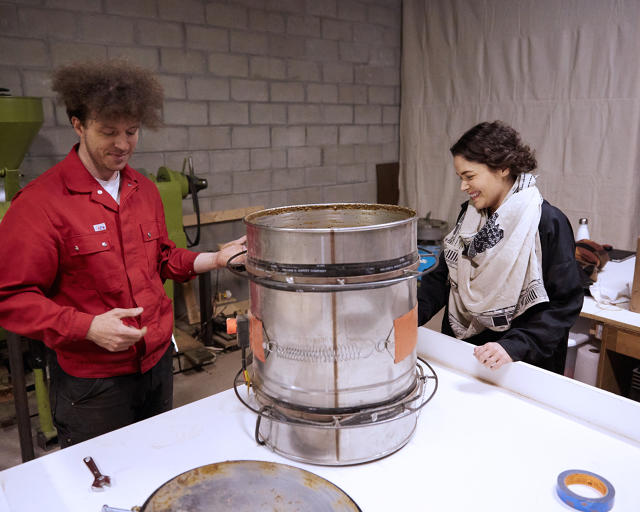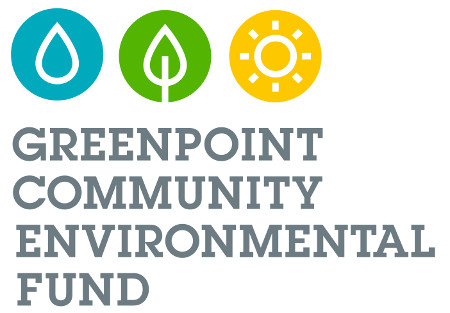Breweries are always fun. You get to taste the beer and learn how it’s made, and now, it looks like breweries may turn into compost stations. FastCo shared a story earlier this week about a new startup, Industrial/Organic, and its attempt to develop a clean, indoor process that can turn food waste into near-odorless fertilizer and can be done within city limits.
FastCo shared a story earlier this week about a new startup, Industrial/Organic, and its attempt to develop a clean, indoor process that can turn food waste into near-odorless fertilizer and can be done within city limits. The story is shared below (Click here for the original).

In 16 years, if all goes as planned, New York City will no longer send any trash to landfills. That includes the million-plus tons of food waste the city generates every year. But, like other cities that are trying to recycle organic waste, New York faces a challenge: there aren’t yet enough places to take it.
The biggest composting facility on the East Coast was closed in 2014 because it smelled so foul, a problem compounded by the length of time it took the food to break down. Composting might work well if everyone had a backyard. But it turns out that it’s a tricky thing to scale up, especially for the amount of food thrown out in a large city.
Biogas made from food waste that can be burned for electricity is another option, but it creates pollution. Instead, a new startup, Industrial/Organic, is attempting to develop a clean, indoor process that can turn food waste into near-odorless fertilizer and can be done within city limits.

Founder Amanda Prinzo learned about New York’s lack of organic waste facilities when she began volunteering for a city compost program. “I originally started wanting to work on a collection service,” she says. “I wanted to be like Uber for recycling. I thought organic waste was already figured out—you just compost it. I thought there wasn’t really a lot of room for innovation.”
Prinzo found out that New York had been considering composting for decades. The fact that it has been slow to launch—currently composting is only mandatory for some large businesses with a pilot program for some residents—is partly because of a lack of places to handle the food waste.
Industrial/Organic’s system is based on a method of fermentation that can process waste more quickly, at greater volumes. “It works by pickling food waste—you’re preserving it,” she says. The process produces biomass pellets that can be used as fertilizer and wastewater that could be cleaned and reused. It’s a method that has already been used on a small scale by some community gardens and homesteaders. The startup has mechanized and scaled it up.
It processes food waste in a week, compared to as long as three months at a composting facility. It doesn’t have the same challenges with odor and can happen inside. “It’s laid out sort of like a brewery, so we can pop up in a warehouse,” she says. “We don’t have to build a plant from the ground.”
The startup has been testing the process in Red Hook, Brooklyn, and plans to open its first facility in the small town of Newburgh in the Hudson Valley, an hour and a half outside New York City. Eventually, it’s something that could even happen inside the city itself. For Prinzo, who grew up next to the Fresh Kills landfill in Staten Island—before it was closed, the largest landfill in the world—the project is a way of working on a problem she’s been aware of her entire life.
The business model, like other recycling facilities, is an alternative to a landfill. Haulers will pay a tipping fee. Once the model is working in New York, the startup plans to start expanding to other cities.
“I think the waste industry is looking at New York City and saying if New York can figure out how to separate organic waste, then everybody’s going to do it,” Prinzo says.
Industrial/Organic is part of the first cohort of the Urban-X startup accelerator, and plans to begin looking for investment this month.



